Discover 10 GERD Treatments Proven To Help
Gastroesophageal reflux disease (GERD) is a condition characterized by heartburn or a burning sensation in the chest that may travel up the throat. Sometimes the pain can be severe enough to be mistaken for a heart attack. Because GERD is commonly thought to be caused by having too much acid in the stomach, many over-the-counter acid-blocking drugs are used; however, the condition is actually due to low levels of acid in the stomach. Here are ten proven ways to safely treat GERD with natural remedies.
10. Himalayan Salt
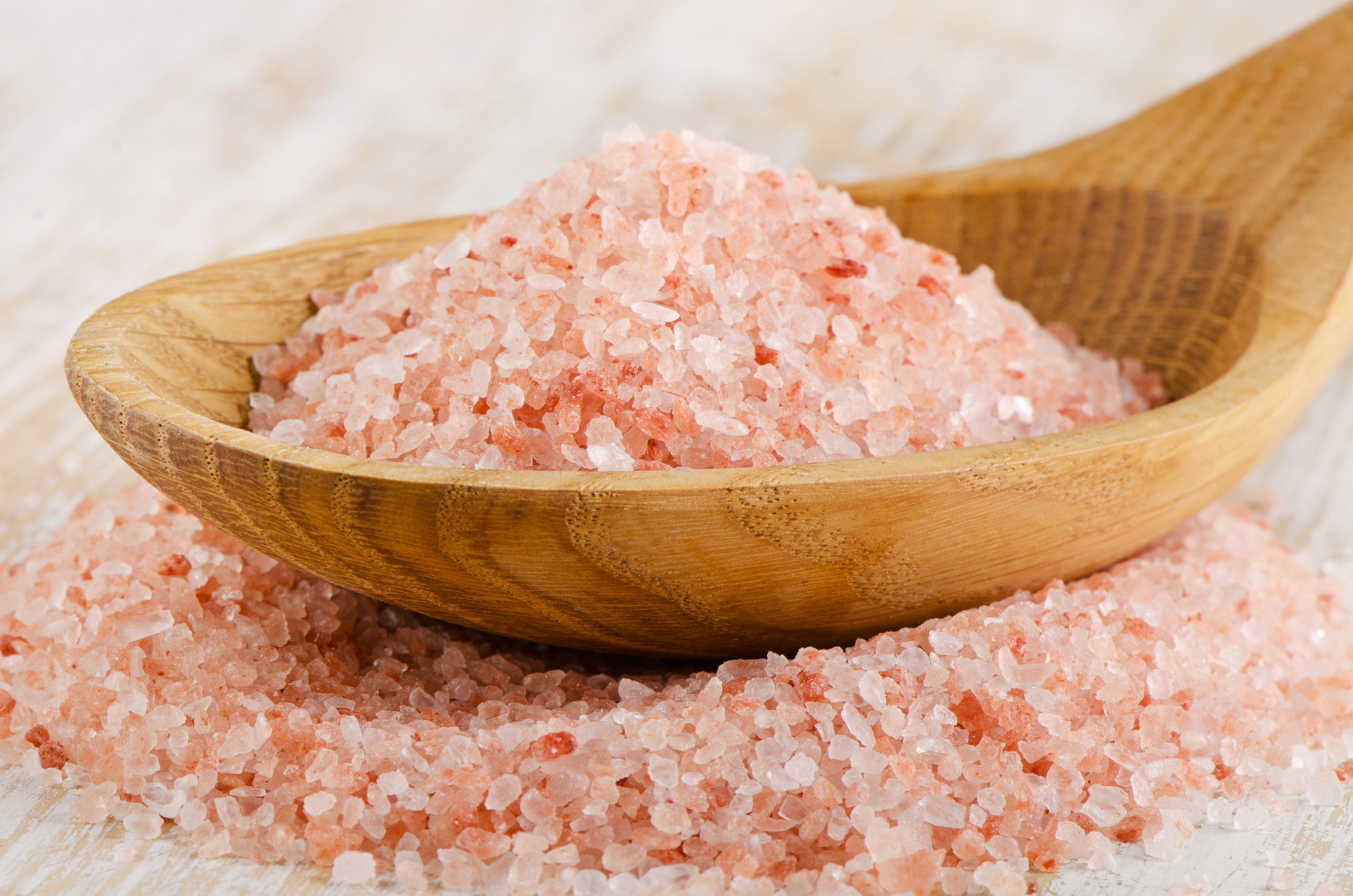
Heartburn is a sign of having too little acid in the stomach. The best way to encourage the body to produce enough stomach acid or hydrochloric acid is by consuming a high-quality, unprocessed sea salt such as Himalayan salt, which is an excellent source of chloride that the body needs to make hydrochloric acid. Himalayan salt also contains over eight trace minerals to help the body optimally perform. Sauerkraut and cabbage juice may also help stimulate the body to produce more stomach acid.
9. Eat More Unprocessed Foods And Probiotics
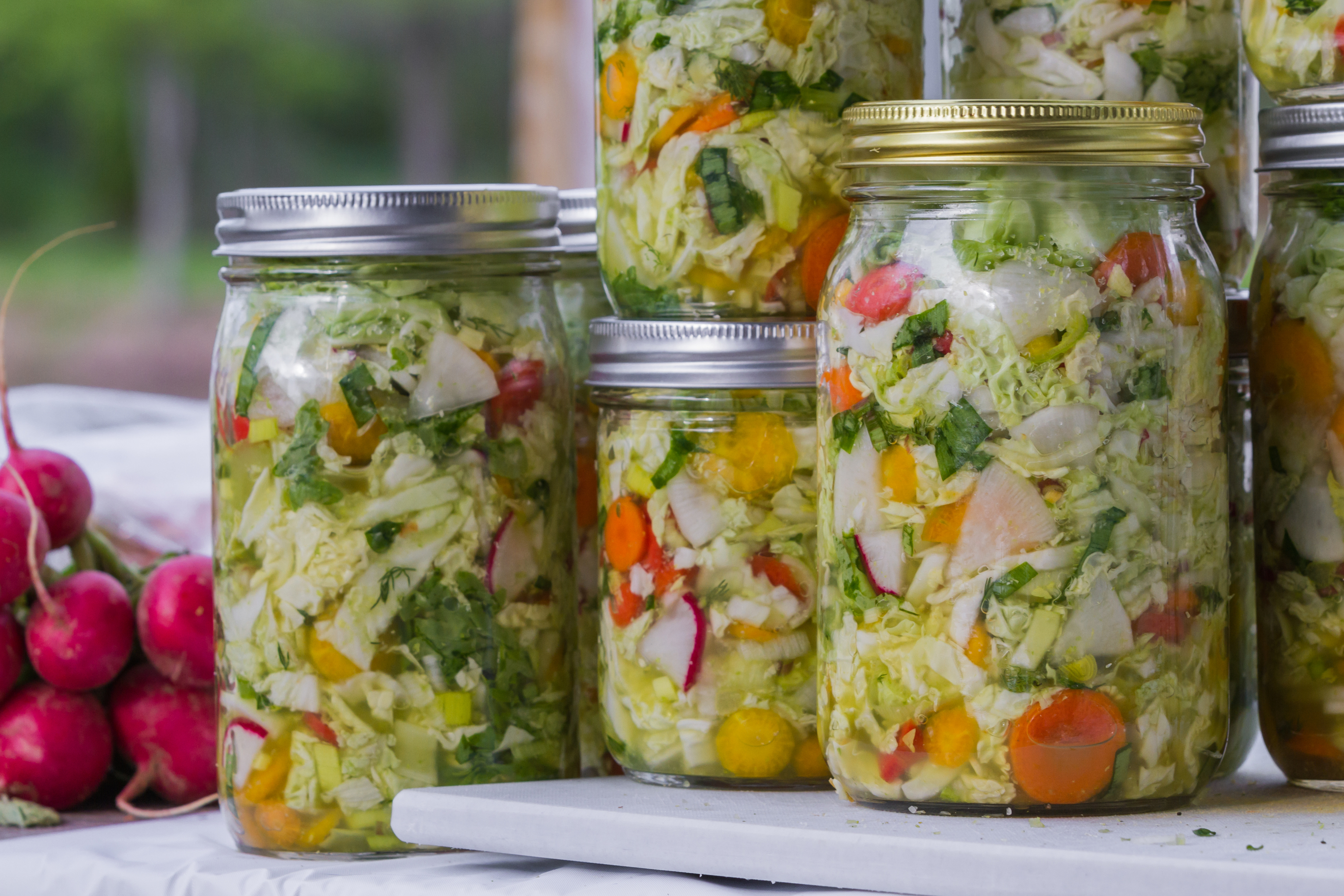
Restoring gastric balance and function may contribute to reducing acid indigestion. This can be done by eating more unprocessed, plant-based foods, and less processed foods high in refined carbohydrates and sugar. Organic, unprocessed vegetables may help restore the bacterial imbalance in the stomach causing indigestion. Taking a probiotic supplement or eating fermented foods may help by eliminating the bacteria in the gut that causes acid reflux. Examples of fermented foods include fermented vegetables, cultured dairy, and fish such as mackerel.
8. Betaine
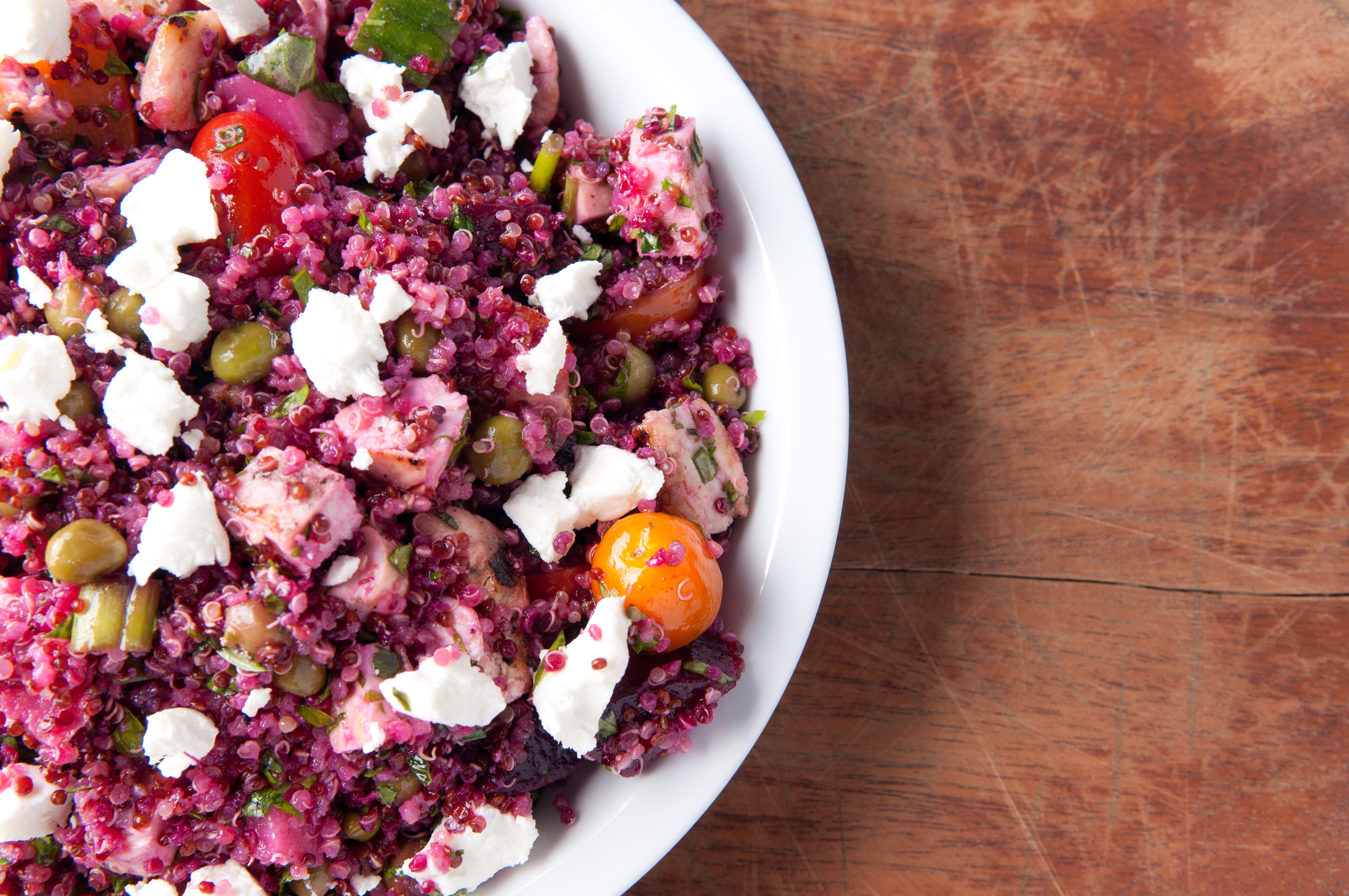
Betaine is an amino acid that has been shown to neutralize pH levels in the blood, which may help reduce indigestion. According to a 2014 study, betaine increases the amount of hydrochloric acid in the body, which is needed to break down foods and metabolize nutrients. People with indigestion or GERD may have low levels of betaine. The top food sources of betaine include beets, wheat bran, quinoa, spinach, rye, sweet potatoes and turkey. Betaine supplements are available for purchase at any health food store.
7. Ginger
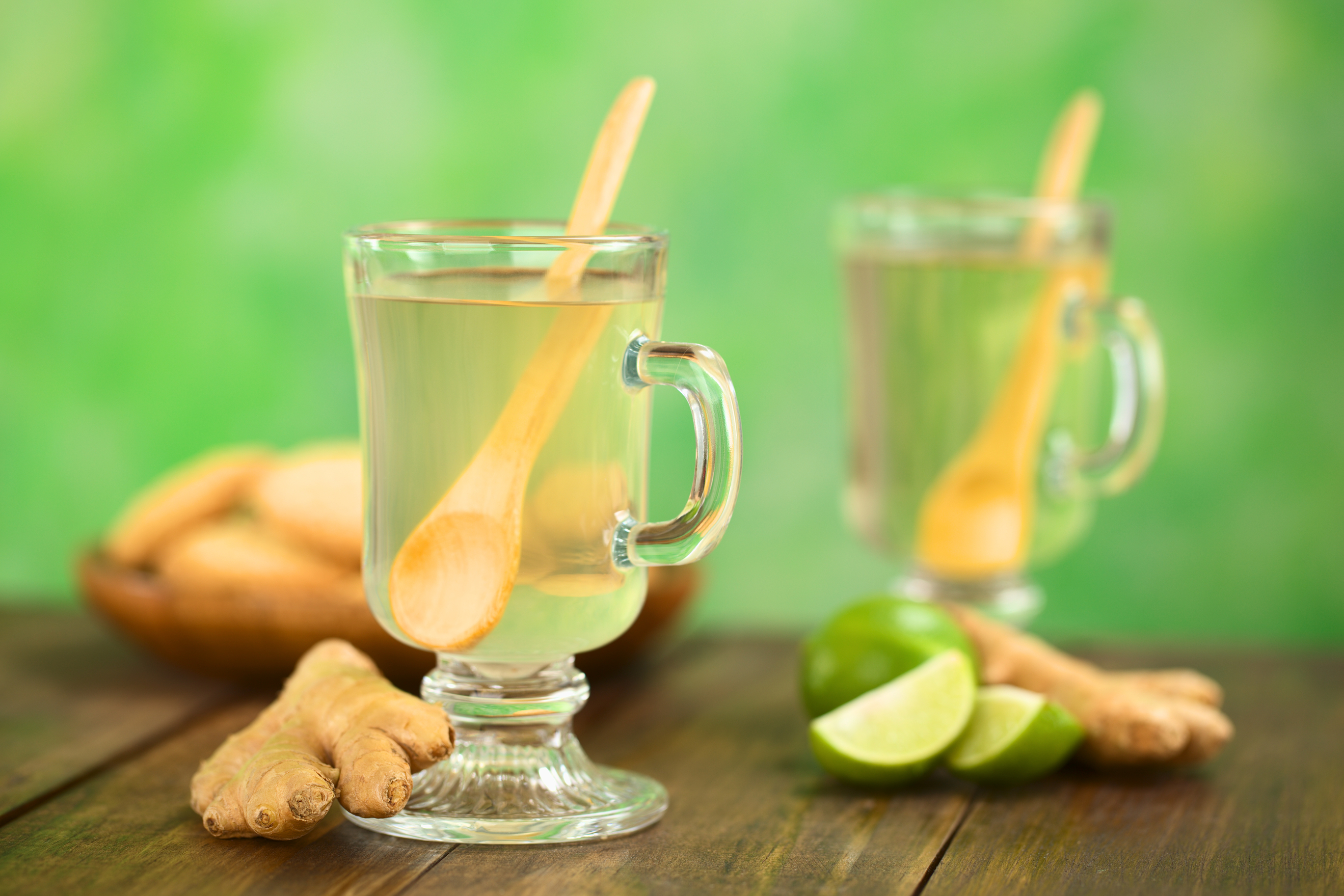
Research shows that ginger has a gastroprotective effect by suppressing certain bacteria and blocking acid. A 2007 study found that ginger is six to eight times more efficient than some prescription drugs for preventing ulcers. Make ginger tea by steeping two or three fresh slices of ginger root to two cups of boiling water. Let the ginger steep in hot water for thirty minutes before straining. Drink the tea approximately twenty minutes before eating. Chamomile tea may also provide relief.
6. Vitamin D
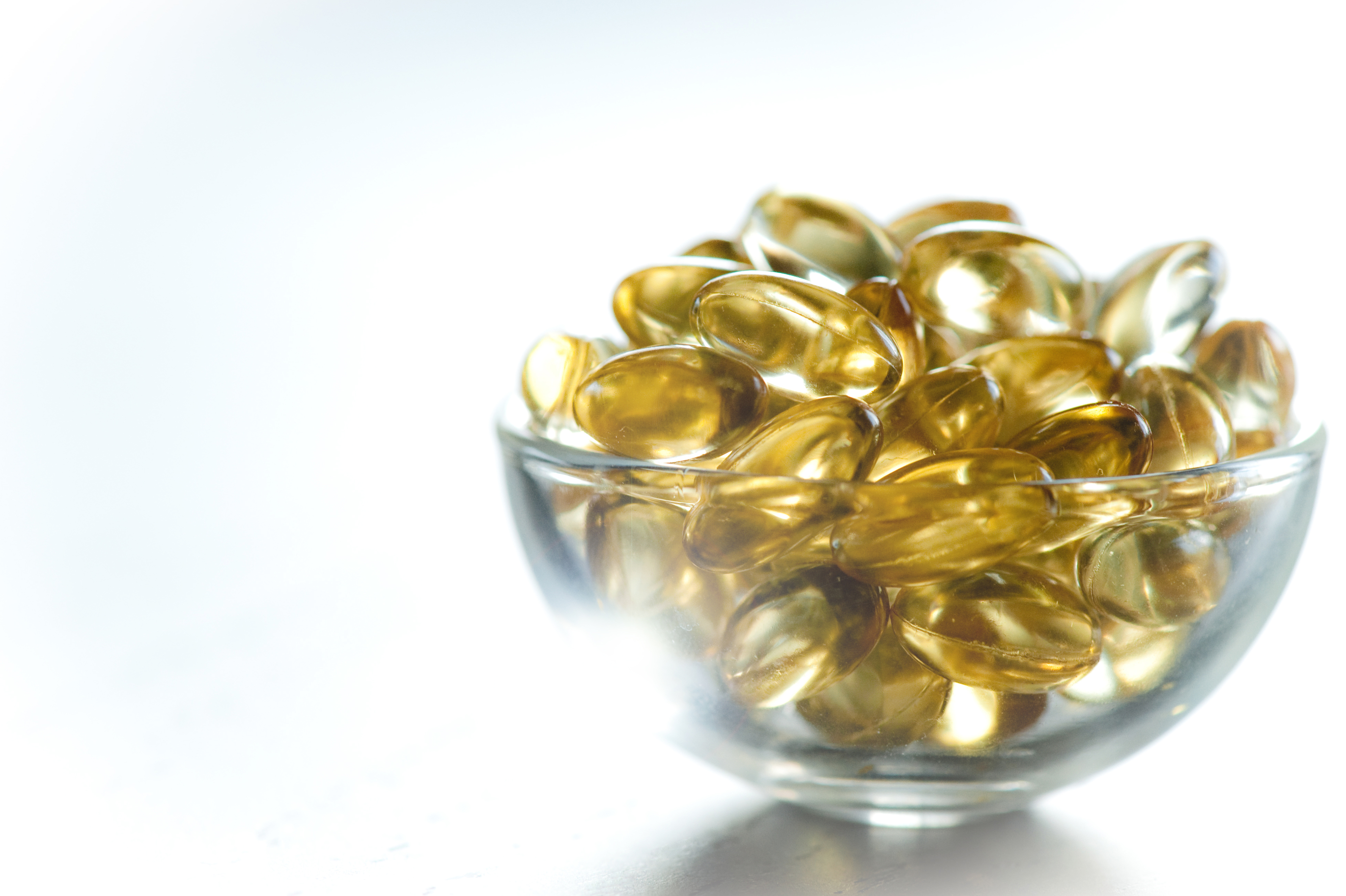
Vitamin D deficiency has been linked to many disorders. According to Doctor Mercola, low levels of vitamin D may reduce as many as two hundred antimicrobial peptides that help the body fight any disease or illness such as GERD. Sun exposure is a good way to increase vitamin D levels. Taking a vitamin D3 supplementmay also help and so can eating foods high in vitamin D including egg yolk, fatty fish, cheese, mushrooms, and fortified cereals.
5. Slippery Elm
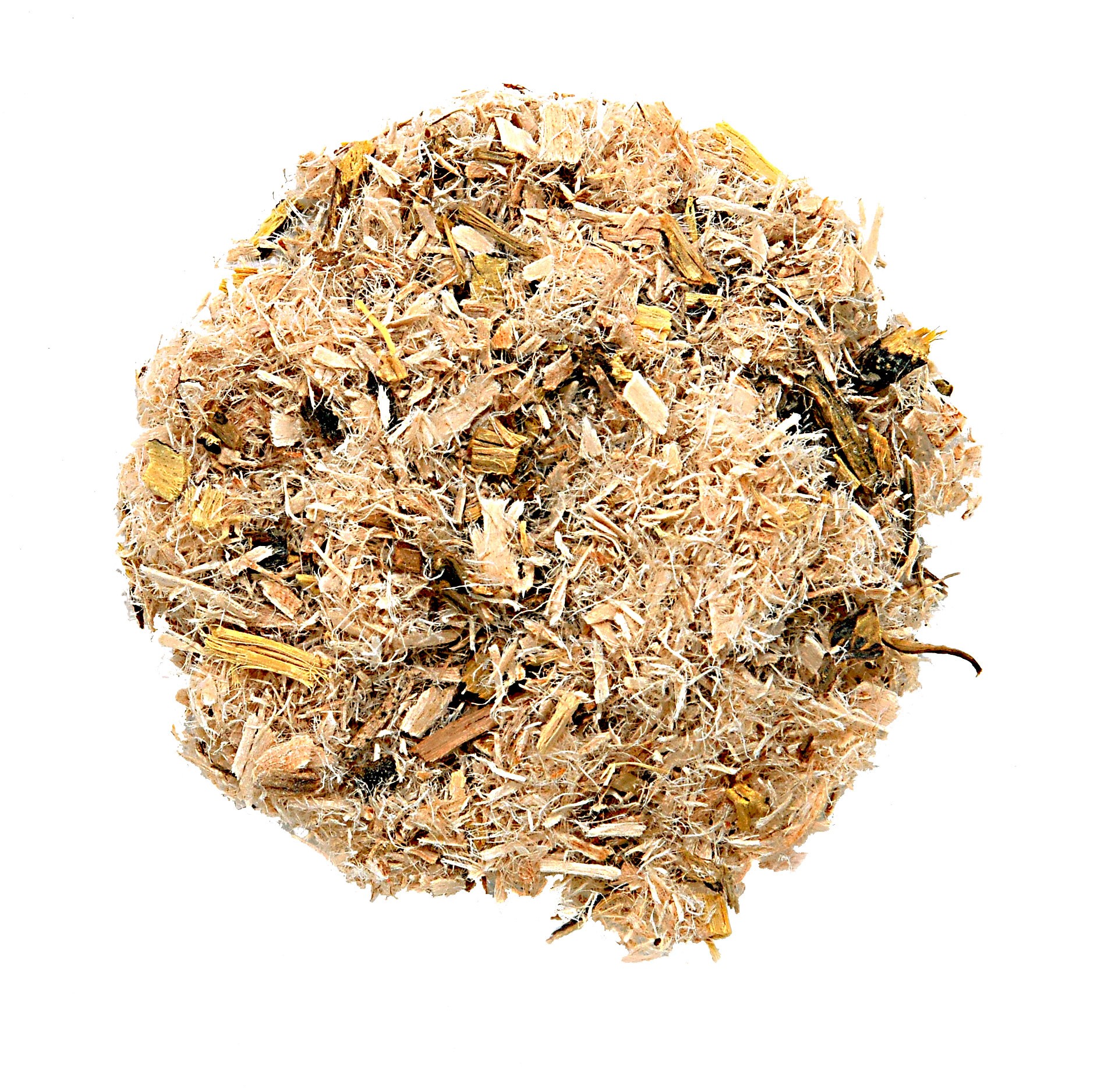
Slippery elm is a herb that has been shown to soothe the stomach, intestines, throat, and mouth. It is high in antioxidants that help address inflammatory bowel and GERD conditions and can help stimulate the nerve endings in the gastrointestinal tract, which increases mucus secretion to protect against excess acidity and ulcers. According to the University of Maryland Medical Center, adults can take slippery elm in the form of tea, a tincture, alozenge or capsule. Slippery elm tea can be purchased at any health food store, or it can be made at home by steeping a teaspoon of the herb in boiling water for twenty minutes and then straining it.
4. L-Glutamine
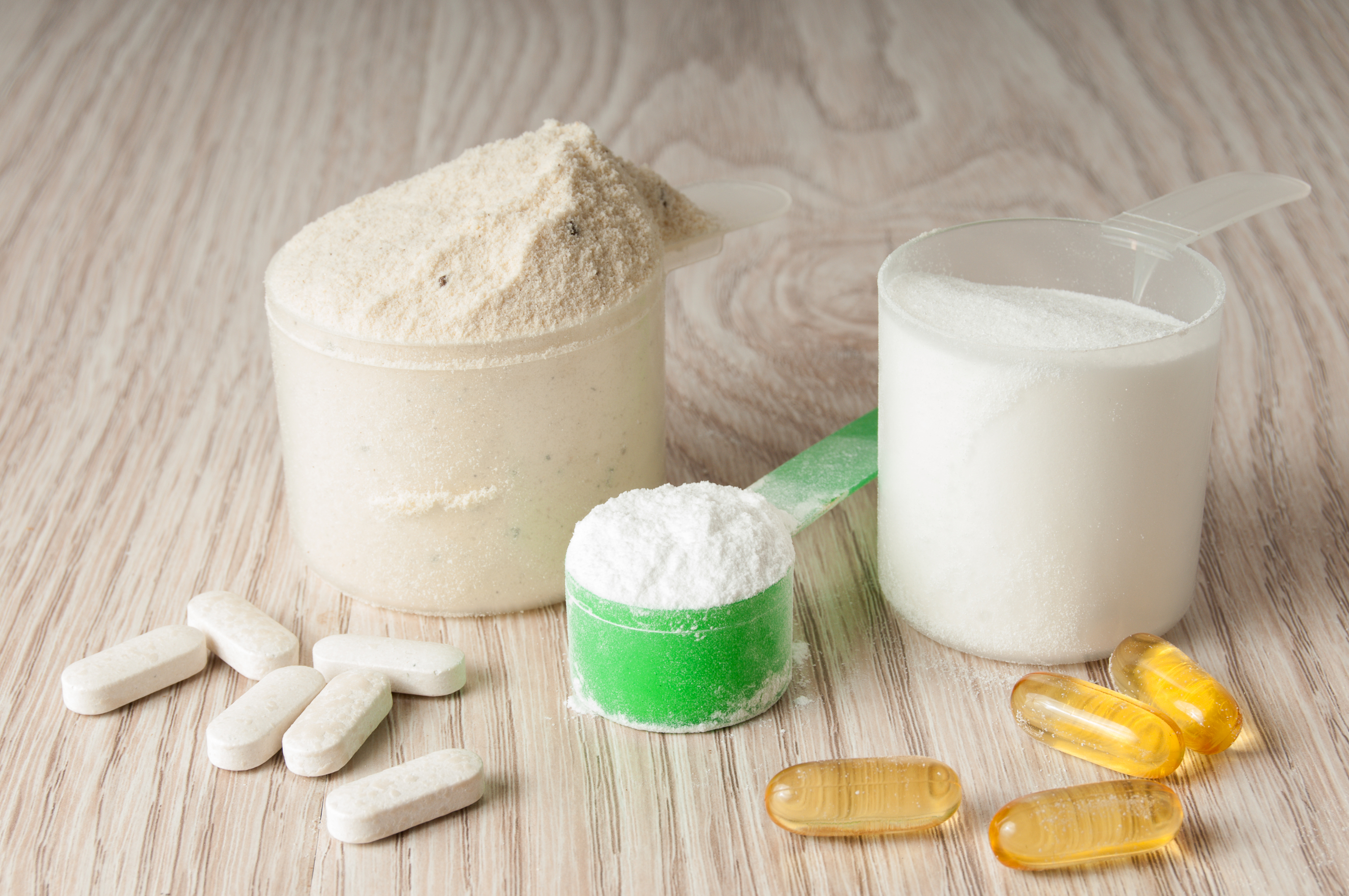
L-glutamine is an amino acid that has been shown to restore the immune system and promote digestive health. According to a 2009 study, L-glutamine can also help destroy the bacteria associated with GERD. It is found in many foods, including fish, eggs, dairy products, beef, chicken, beans, beets, cabbage, celery, kale, Brussels sprouts, and papaya. L-glutamine is also widely available in powder ortablet supplement form. Be sure to drink lots of water when supplementing with L-glutamine as it pulls water from the colon and may cause dehydration or constipation.
3. B Vitamins
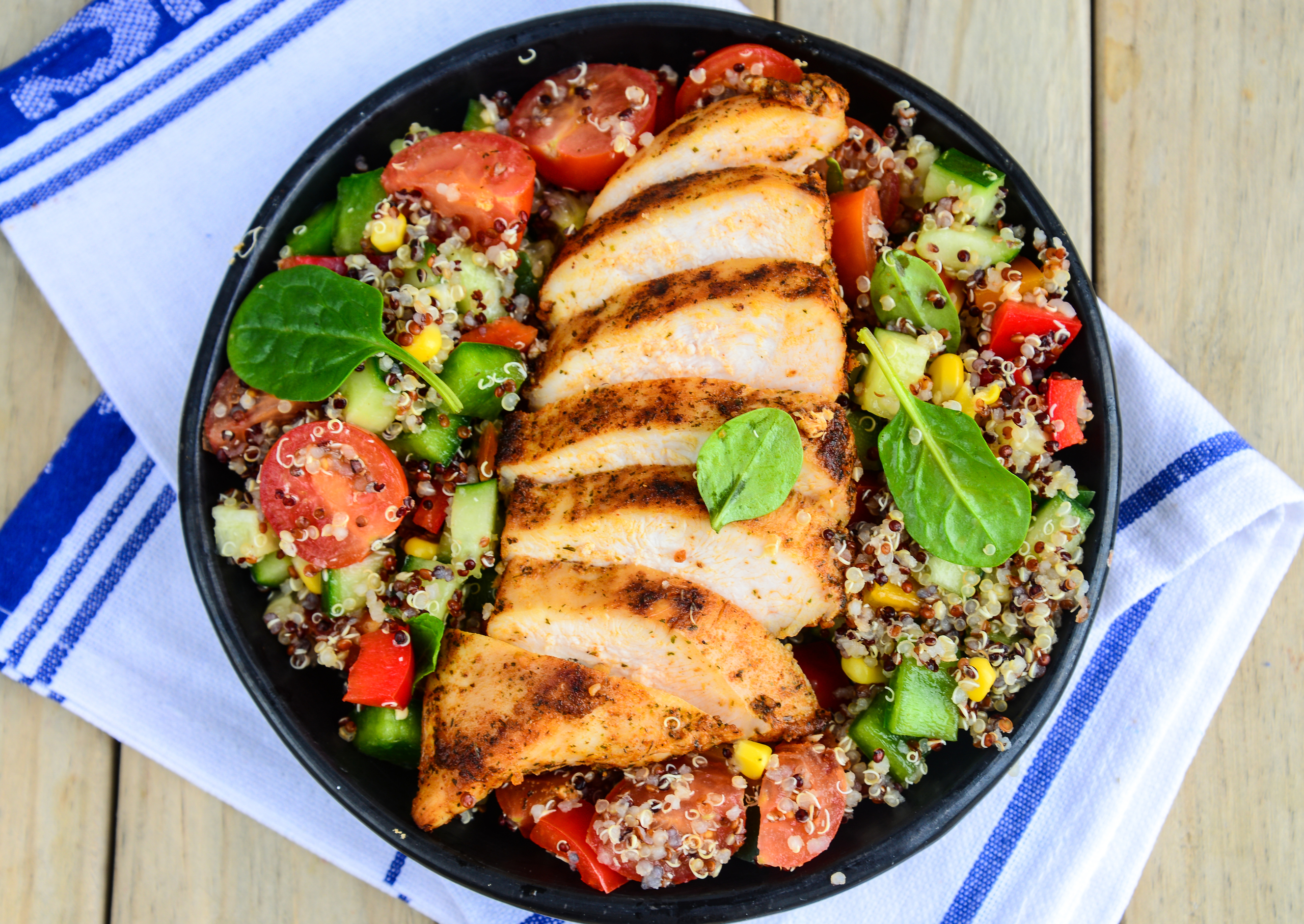
According to research, B vitamins may be able to lower the risk of acid reflux. Folic acid was found to reduce GERD symptoms by up to forty percent. Low levels of vitamins B2 and B6 in the diet have been linked to an increased risk of acid reflux. B vitamin complexes are available as supplements, however, they are widely available in many different food sources, including asparagus, spinach, okra, beans, and whole grains such as oats, brown rice, and quinoa.
2. Baking Soda
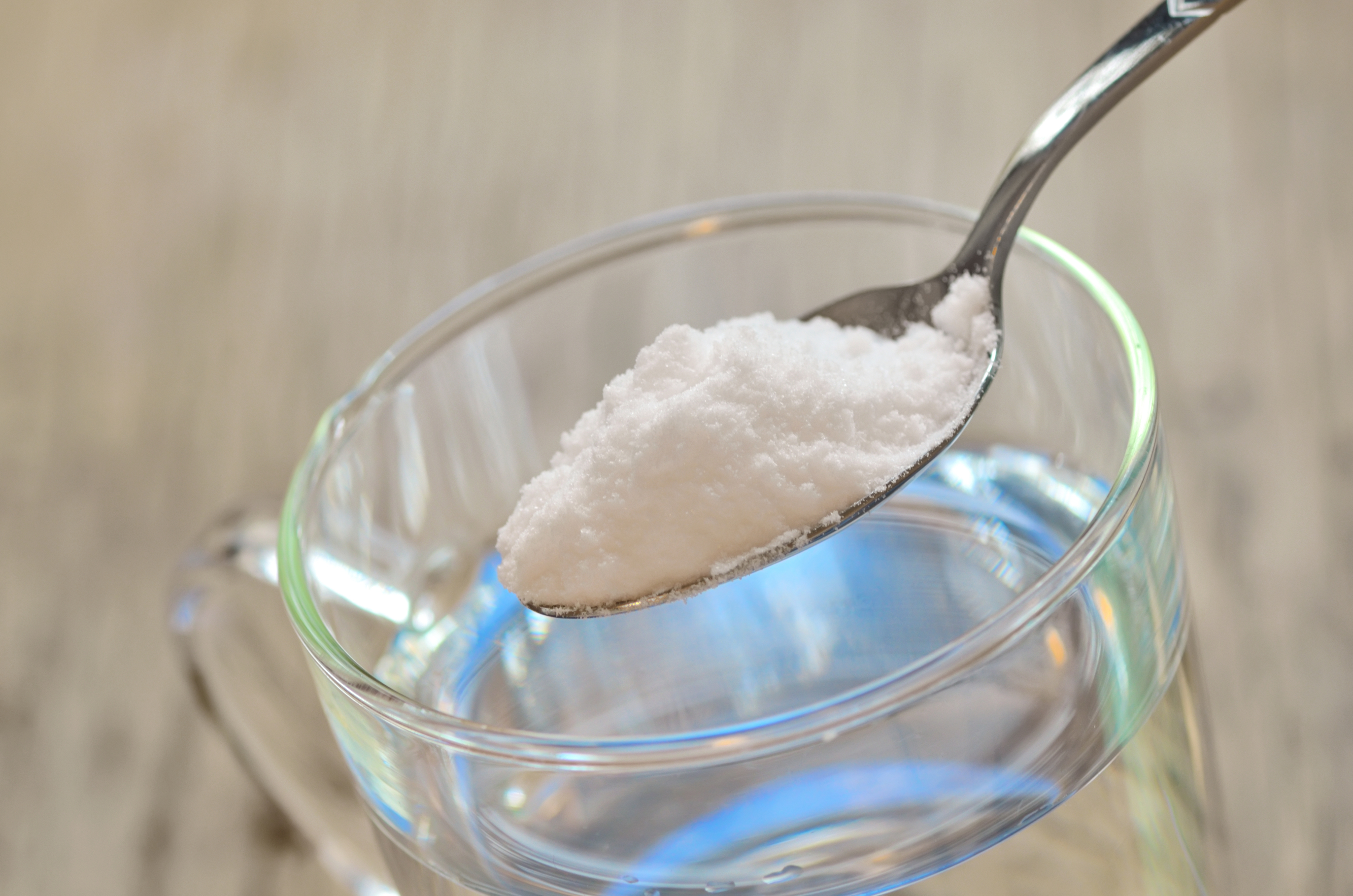
Baking soda, or sodium bicarbonate, has a naturally alkaline pH level, which helps reduce the pH blood acidity of people suffering from a pH imbalance. Add one-half to one full teaspoon to an eight-ounce glass of water and drink when GERD symptoms pop up to help neutralize stomach acid. This method is not recommended for long-term use as baking soda can cause a severe imbalance in electrolyte or pH levels; however, it can be helpful in emergency situations when pain is intolerable.
1. Astaxanthin

Astaxanthin is a potent antioxidant that is best known for its role in eye health. Research shows that astaxanthin may also play a part in the prevention of acid reflux by possible reducing the number of bacteria from a Helicobacter pylori stomach infection, which may cause GERD. Although astaxanthin supplements are widely available, the body prefers to obtain this and many other plant chemicals from whole food sources where it is better absorbed. Shrimp, lobster, sockeye salmon, red trout, and related fish are the best sources.